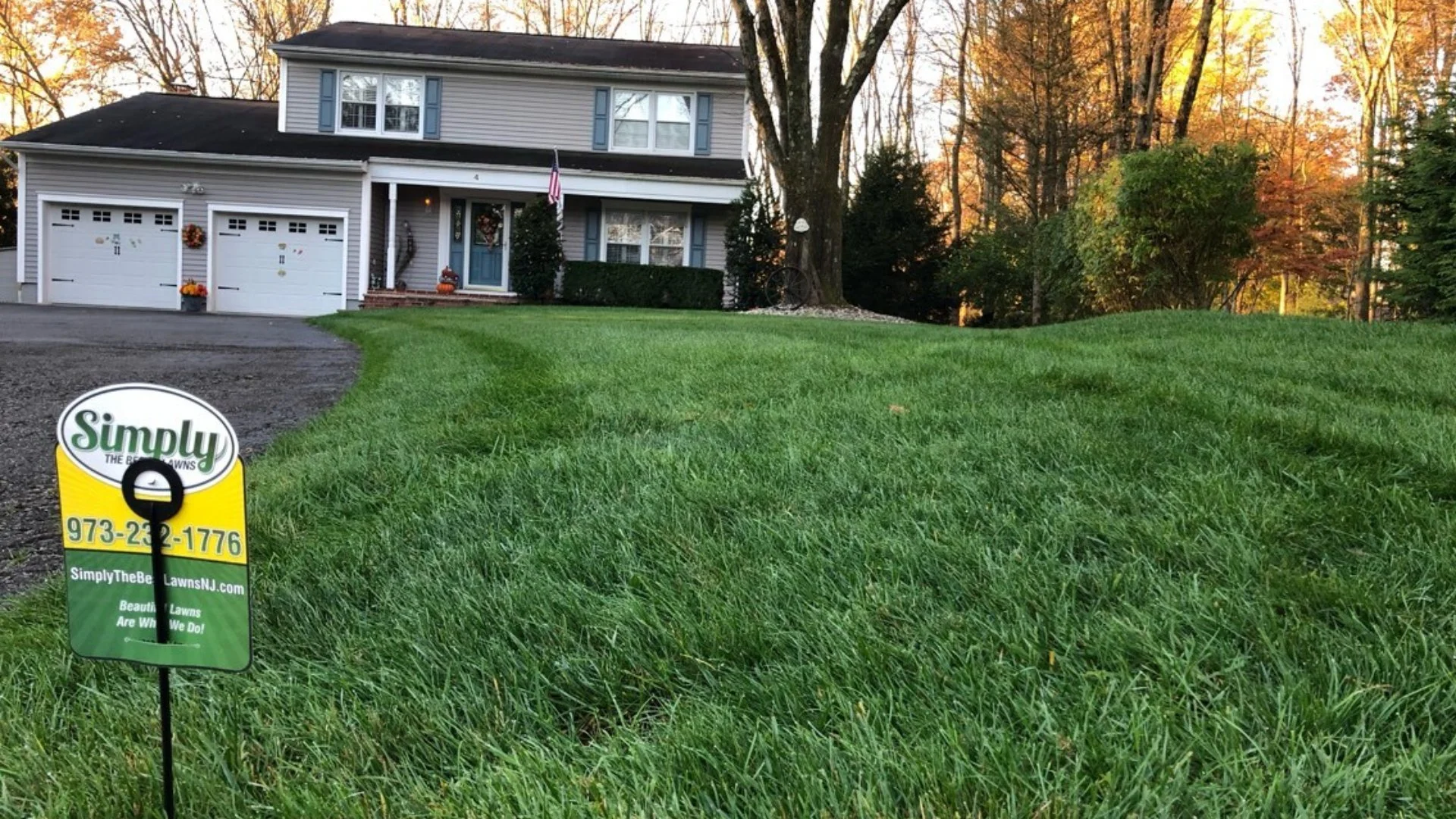Professional Lawn Care in Randolph
Randolph, New Jersey, nestled in the picturesque Morris County, offers homeowners a unique set of challenges and opportunities when it comes to lawn care. Thanks to its location in the foothills of the Appalachian Mountains and its humid continental climate, Randolph is home to both breathtaking natural beauty and the trials that come with maintaining a lawn in such a setting.
Understanding Randolph’s Climate
Randolph experiences warm, humid summers and cold, snowy winters. This type of climate is particularly suitable for cool-season grasses, such as Kentucky bluegrass and perennial ryegrass. However, the same conditions can also introduce complications, like drought and diseases, especially during the hot summer months.
The soil in Randolph tends to be acidic and sandy. Acidic soils can lead to nutrient leaching, making it harder for grasses and plants to thrive. Meanwhile, sandy soils don’t retain water well, drying out faster than loamier alternatives.
Unique Lawn Care Challenges in Randolph
Rocky Terrain: The town’s proximity to the Appalachian Mountains means many homes are built on hilly terrains, interspersed with rocky outcrops. This uneven ground can complicate mowing and other lawn maintenance tasks.
Deer Population: Randolph’s vast natural spaces attract a significant deer population. These graceful creatures, while a sight to behold, can be a menace to your garden and lawn as they forage for food.
Shade: With an abundance of trees, many Randolph lawns are shaded for a large portion of the day. While this can offer relief during hot summer days, it can also hinder the growth of grass types that require ample sunlight.
Salt Damage: The vicinity of Route 287 means that during winter, road salts can end up on nearby lawns, leading to potential damage. Salt can stress grasses, making them more vulnerable to diseases and pests.
Lawn Care Tips for Randolph Residents:
Test your soil regularly: This can help you understand its pH and nutrient profile, allowing you to make necessary amendments.
Select the appropriate grass type: Given Randolph’s climate and soil, cool-season grasses are often the best bet. If your lawn is shaded, consider shade-tolerant varieties.
Deep, infrequent watering: Instead of shallow daily waterings, it’s best to water deeply less often. This encourages roots to grow deeper, making the grass more resilient.
Regular fertilization: A balanced fertilizer can provide the nutrients your lawn needs, but it’s essential to avoid over-fertilization.



